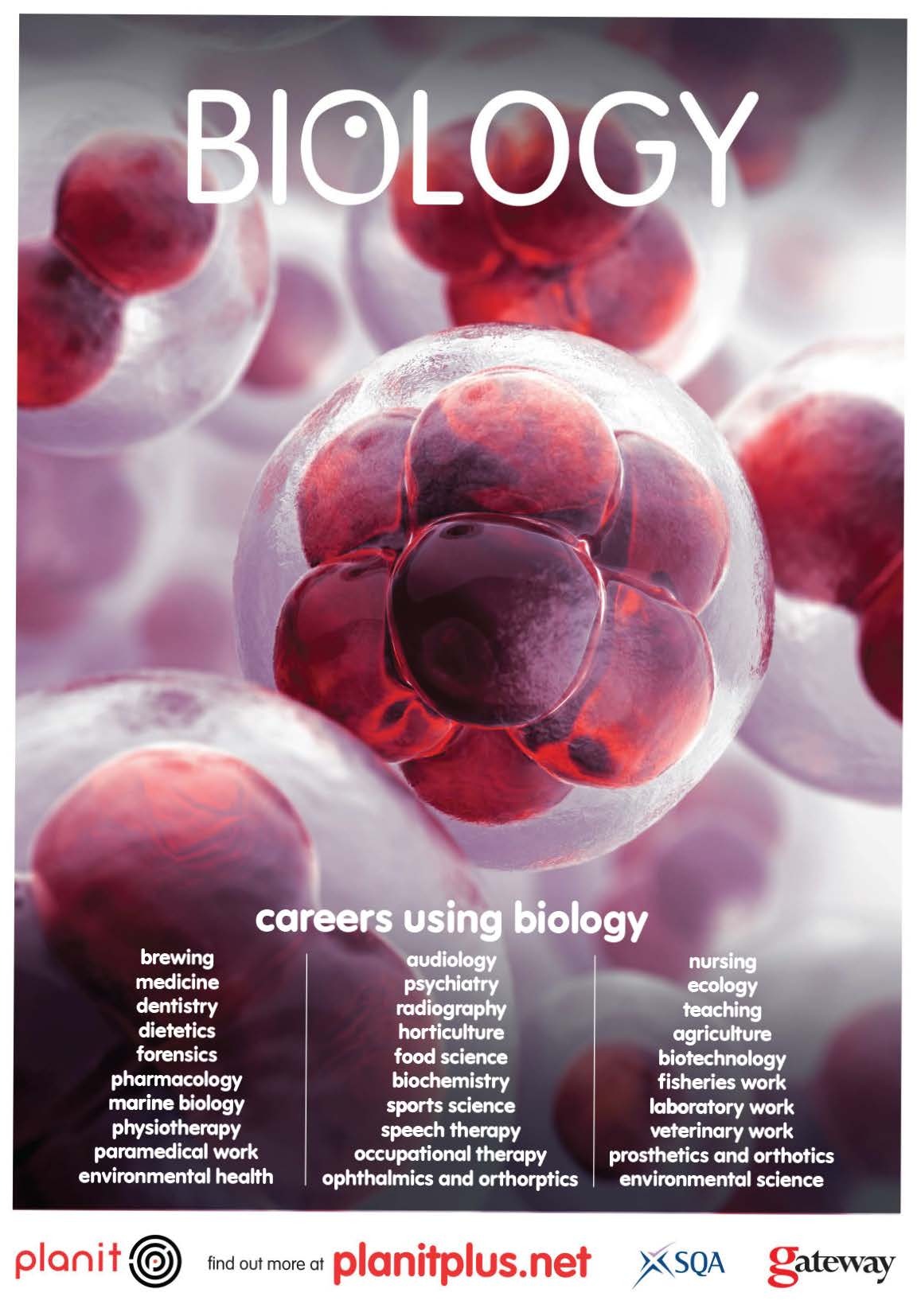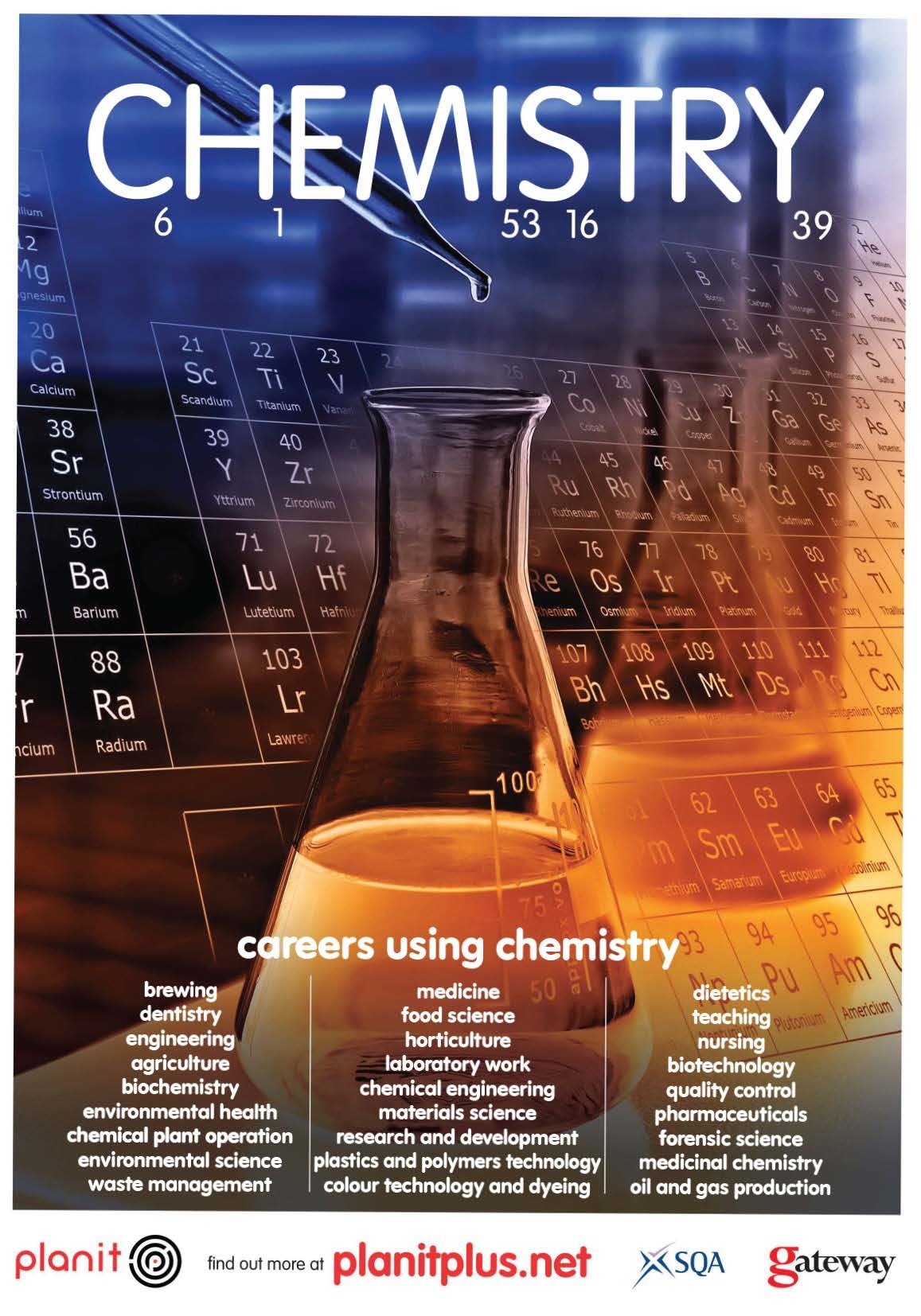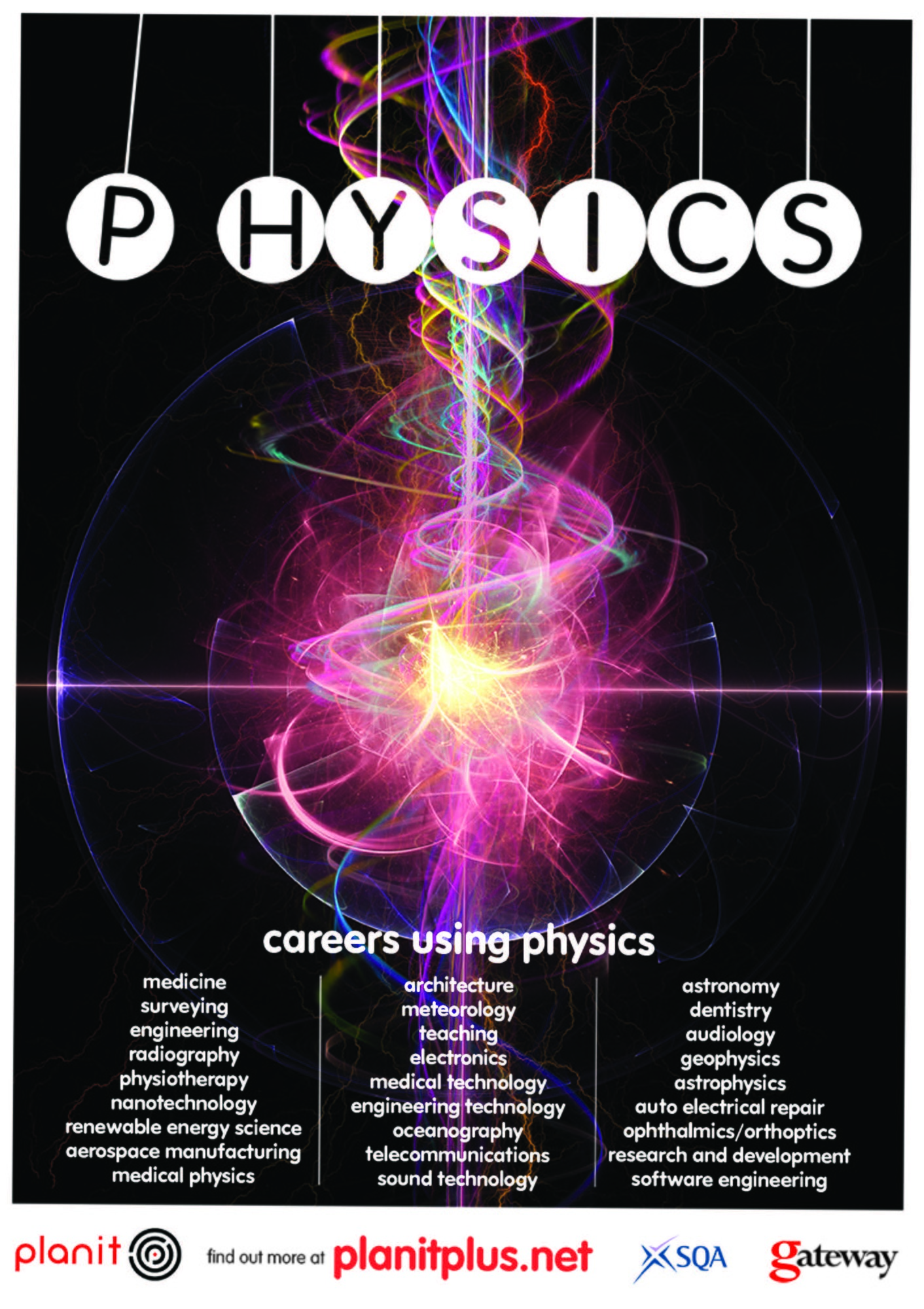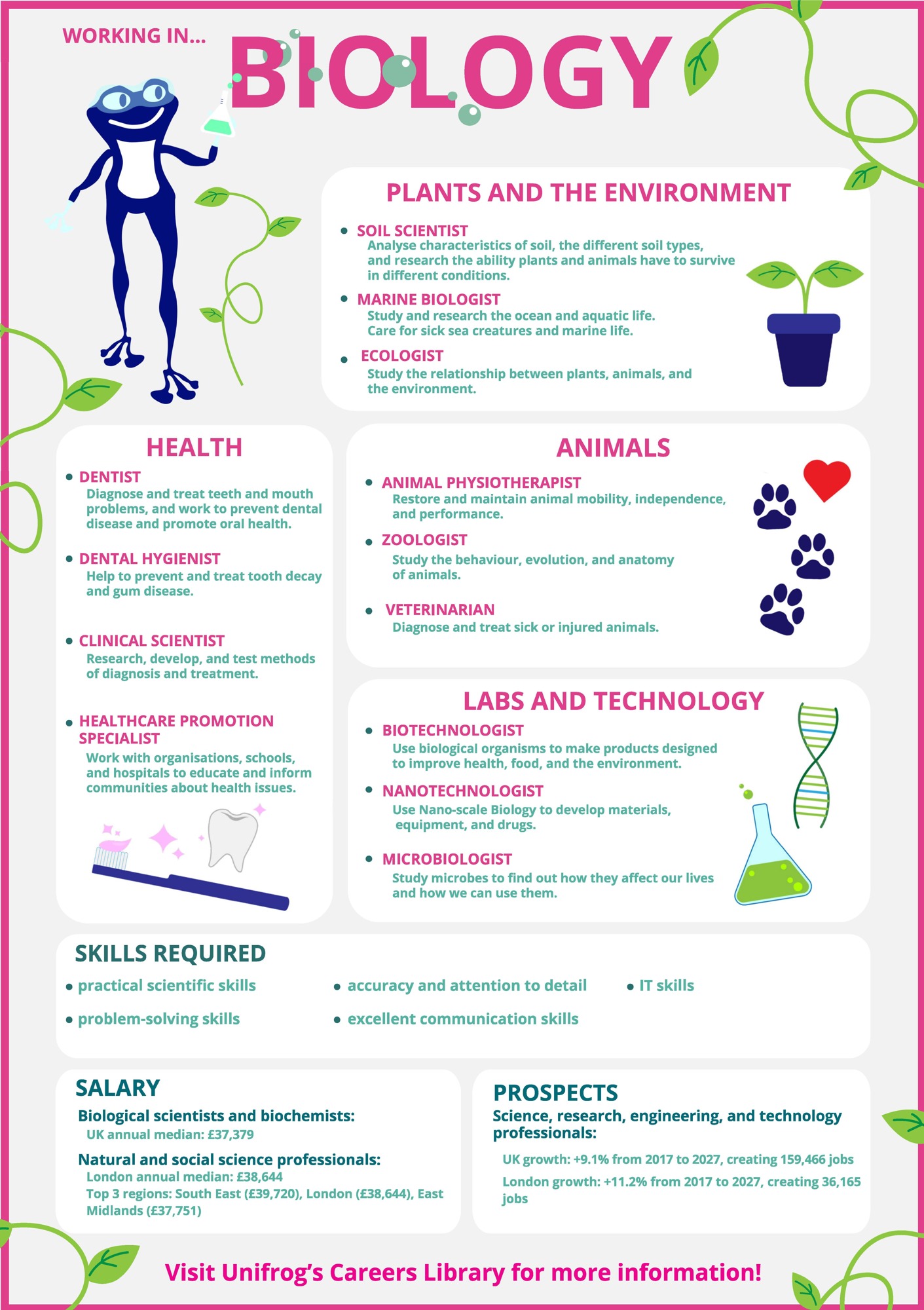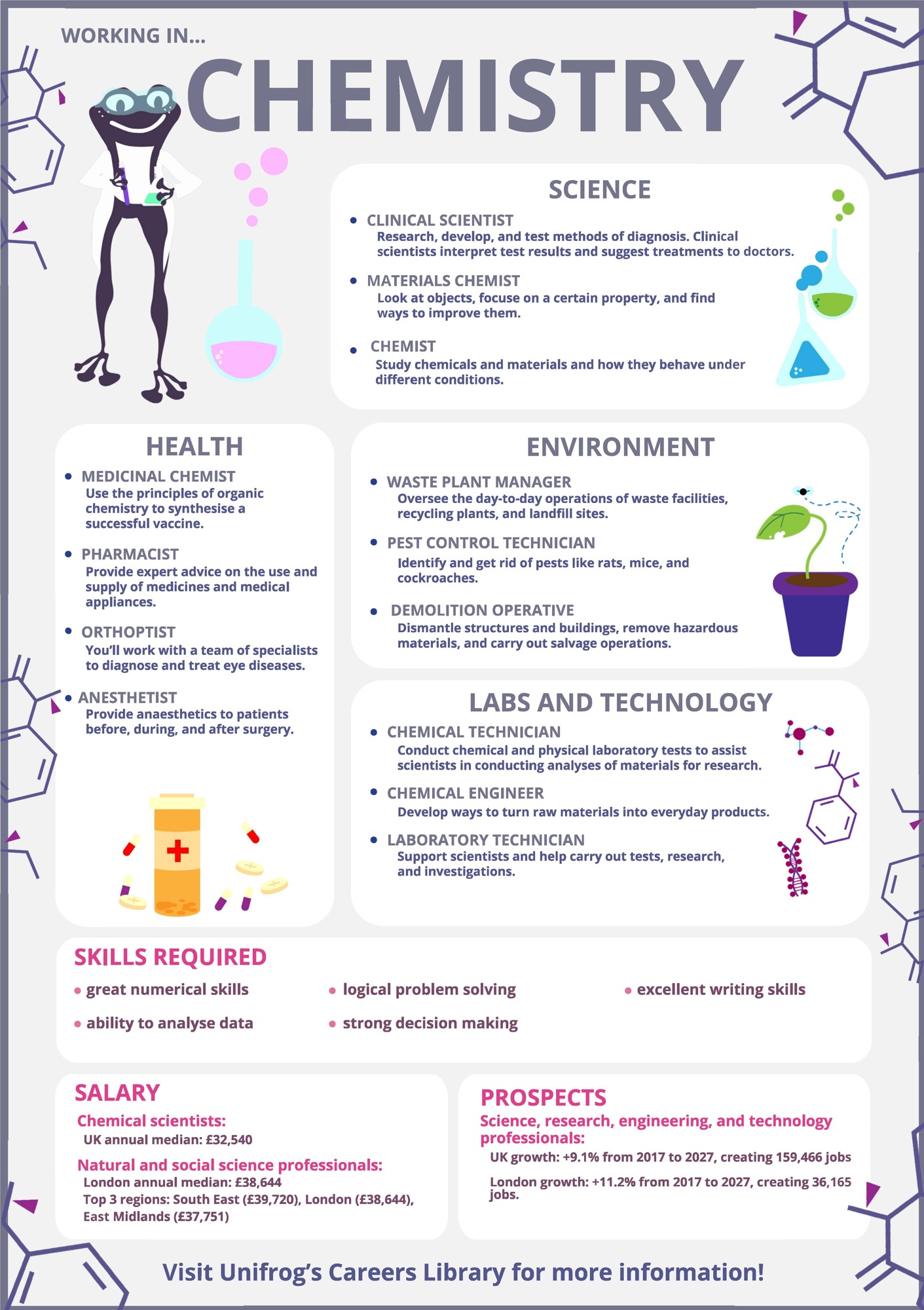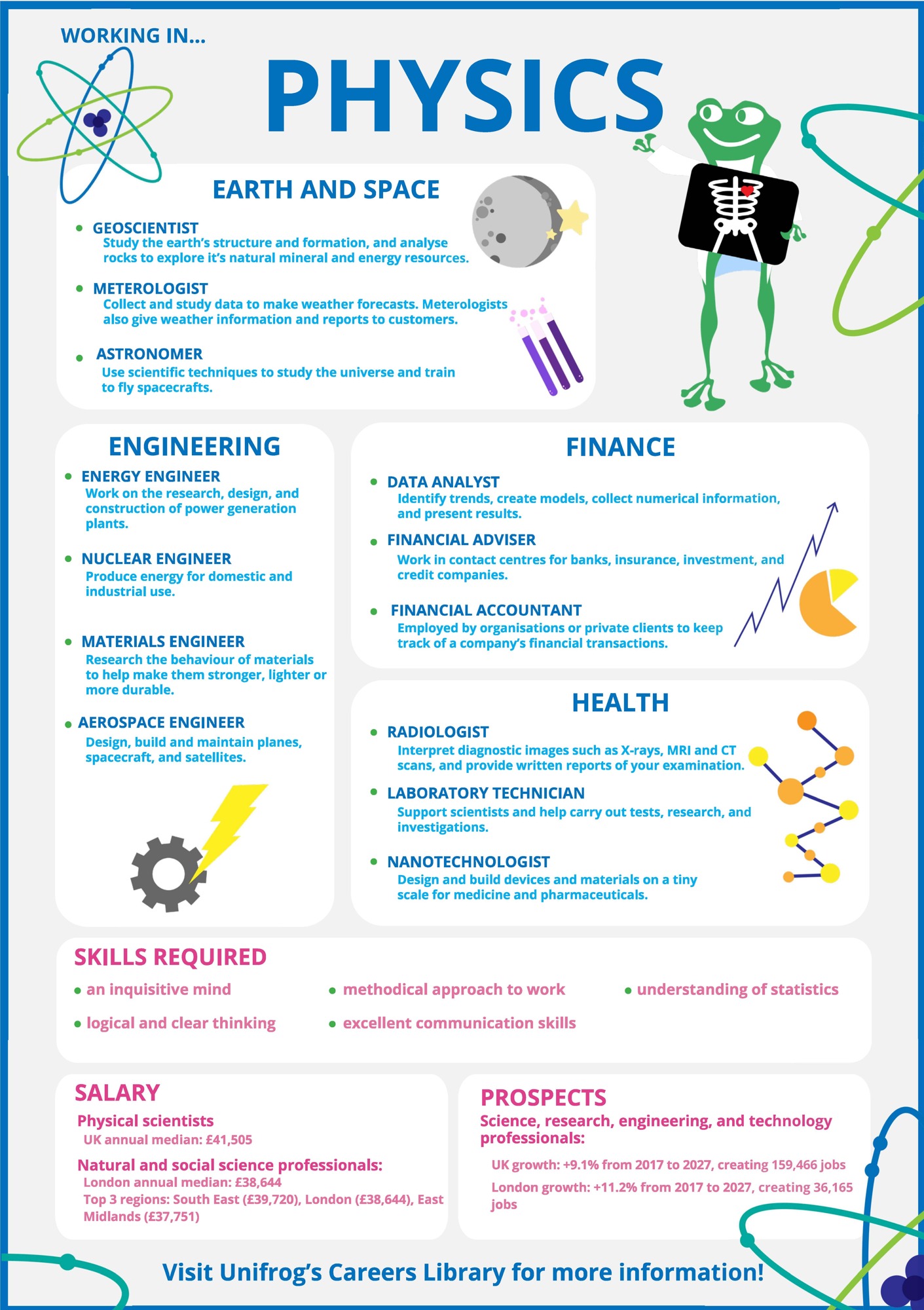- Home
- Curriculum
- Subject Curriculum
- Science
Science
Departmental approach to the curriculum
The Science Department at Rickmansworth School is committed to capturing the awe and wonder inherent in the study of science, fostering a sense of curiosity and excitement in our students. We emphasise the development of practical skills through hands-on experiments and real-world applications, allowing students to explore and understand scientific concepts deeply. Our approach includes routine deliberate practice, ensuring that students build a strong foundation in scientific knowledge and skills. By consistently reinforcing learning through structured practice and reflection, we aim to cultivate confident, inquisitive learners who are prepared for further studies and future careers in science.
Key Stage 3
At key stage 3, the Science Department focuses on providing students with a comprehensive understanding of the ten big ideas in science, which form the foundation for further scientific study. These big ideas are: forces, electromagnetism, energy, waves, matter, reactions, earth, organisms, ecosystems, and genes. Throughout key stage 3, students will explore these concepts through engaging lessons and practical activities, with a strong emphasis on deliberate practice to reinforce learning and mastery. This approach ensures that students not only understand scientific principles but also develop the skills to apply them effectively. By studying these key areas and engaging in structured practice, students gain a broad and cohesive understanding of science, preparing them for more advanced study as they transition into key stage 4.
Year 10 and 11 - Combined Science
At GCSE, students who have not chosen science as an optional subject follow the AQA Combined Science Trilogy. At the end of this course they receive 2 GCSEs on an 18 point scale from 1-1 to 9-9.
The course is assessed through 6 1 hour 15 minute papers ( 2 Biology, 2 Chemistry and 2 Physics) at the end of year 11 with their overall score being used to calculate their final grade. The exams will test the student’s knowledge, application and analysis techniques with approximately 25% being allocated to mathematical skills and 25% related to practical skills.
Year 10 and 11 - Separate Science
At GCSE, students who have chosen science as an optional subject follow the AQA Separate Biology, Chemistry and Physics GCSE specifications. At the end of this course they receive 3 GCSEs, one in each of the sciences.
Each subject is assessed through 2, 1 hour 45 minute papers at the end of Year 11 with their overall score being used to calculate their final grade. The examinations will test knowledge, application and analysis techniques with approximately 25% being allocated to mathematical skills and 25% related to practical skills.
Year 12 and 13 Biology
Biology
Biology A Level is one of our most popular subjects at Rickmansworth School. Studying Biology at A Level will allow students to further understand the natural world around them, how organisms interact with one another, and the workings of the human body. This course opens up a wide range of career paths including pathology, medicine, zoology, conservationism, dentistry and so much more.
Entry Requirements:
-
Grade 6 in GCSE Biology, or Grades 6-6 in GCSE Combined Science
-
Grade 6 in GCSE Mathematics
A separate practical endorsement will also be awarded as either Pass or Fail. This is based on practical assessments over the two year course.
Year 12 and 13 Chemistry
Chemistry
Chemistry is an extremely challenging A Level and as such is highly regarded by universities. It is often considered a requirement when applying for the more competitive applied science courses such as Medicine, Dentistry and Veterinary Sciences, but is equally highly regarded by a number of courses including Engineering and Biomedical Sciences.
Entry Requirements:
-
Grade 6 in GCSE Chemistry or 6,6 in GCSE Combined Science
-
Grade 6 in GCSE Mathematics
Students will follow the Edexcel A Level Chemistry Course.
A separate practical endorsement will also be awarded as either Pass or Fail. This is based on practical assessments over the two year course.
Year 12 and 13 Physics
Physics:
At A Level physics, our students follow the AQA Specification.
A separate practical endorsement will also be awarded as either Pass or Fail. This is based on practical assessments over the two year course.
Long Term Curriculum Overviews
Key Stage 3
Long Term Plan - Science - Year 7
Long Term Plan - Science - Year 8Long Term Plan - Science - Year 9
GCSE and A Level
Long Term Plan - Biology - Year 10Long Term Plan - Biology - Year 11
Long Term Plan - Biology - Year 12Long Term Plan - Biology - Year 13
Long Term plan - Chemistry - Year 10 (Separate)
Long Term Plan - Chemistry - Year 10 (trilogy)
Long Term Plan - Physics - Year 10Long Term Plan - Physics - Year 11
'The Big Picture' Curriculum Map
'The Big Picture' Curriculum Map
This document will provide a visual overview of the department's curriculum from Key Stages 3 to 5. This is in a student-friendly format to support them in their understanding the of the department's curriculum.
Assessment
Department Assessment Matrix
This document will provide an overview for assessment for Key Stages 3, 4 and 5.
Key Stage 3 Judgement Descriptors
This document will give you an overview of the criteria for Emerging, Developing, Secure and Mastery judgements at KS3 for this subject.
Home Learning
Students use home learning to consolidate their learning as well as prepare for future lessons.
Students will receive on average one piece of home learning every three lessons (two per cycle). This will be a combination of written work in their books, research and consolidation of Google quizzes that interleave previous topics to ensure regular revisiting of content.
Students will receive appropriate rewards for home learning and should be keen to show their work to parents and carers at home. The frequency of home learning will increase at Key Stage 4 and 5 and represent work for students’ examined assessments.
How can you help your child succeed in the sciences?
Q&A Flashcards are a great way for parents to get involved with their children's learning in science.
Helpful websites and further information
KS3 Science
Seneca - https://www.senecalearning.com/
Sign up for free and add the KS3 Science Course. Great for easy recap and revision with some learning checks along the way.
Educake - www.educake.co.uk
Students are given- questions through this website to complete in class or as home-learning. Students can even set themselves their own tests and choose the difficulty of questions.
KS4 (All Sciences)
Schoology- www.schoology.com
Students are given access to this in the last term of Year 11. This contains powerpoints from teachers lessons, as well as links to exam questions and Topic Checklists.
Tiny-cards - https://tinycards.duolingo.com/
By following this link https://tiny.cards/collections/2qrbeD9c/aqa-biology-gcse students can find hundreds of flash cards which have been made for the Biology GCSE course, broken down by topic. This can be accessed on any device including their mobile phones, where they can download the app, for quick and easy on-the-go revision. It will work best if they make a free account.
Educake - www.educake.co.uk
Students are given questions through this website to complete in class or as home-learning. Students can even set themselves their own tests and choose the difficulty of questions.
KS5
Biology
Schoology- www.schoology.com
All students have access to the A-level Biology course on Schoology from the start of Y12. Here students will find teacher powerpoints, worksheets, exam questions by topic, quick quizzes and more.
Tiny-cards - https://tinycards.duolingo.com/
By following this link https://tiny.cards/collections/2r3Ag5W8/snab-a-level students can find hundreds of premade flashcards for their course, broken down by topic which can be used on any device including their mobile phones, for quick and easy on-the-go revision. It works best when students make a free account, and download the app to their phone.
Chemistry
Edexcel website:
https://qualifications.pearson.com/en/qualifications/edexcel-a-levels/chemistry-2015.html This website can be used to download the course specificiation, relevant documents and the most recent past papers.
Physics and Maths tutor:
https://www.physicsandmathstutor.com/chemistry-revision/a-level-edexcel/ This is a wonderful resource, with a very large bank of topic specific past paper questions. This is a great way to augment your consolidation.
Chemguide:
https://www.chemguide.co.uk/ This is a great resource, written by an experienced chemistry teacher, who can offer an alternative explanation to lesson notes and revision guides.
Physics
Kerboodle - www.kerboodle.com/
Here students will find topic checklists, worksheets and core practical guidance for their AQA course.
Careers in Science
